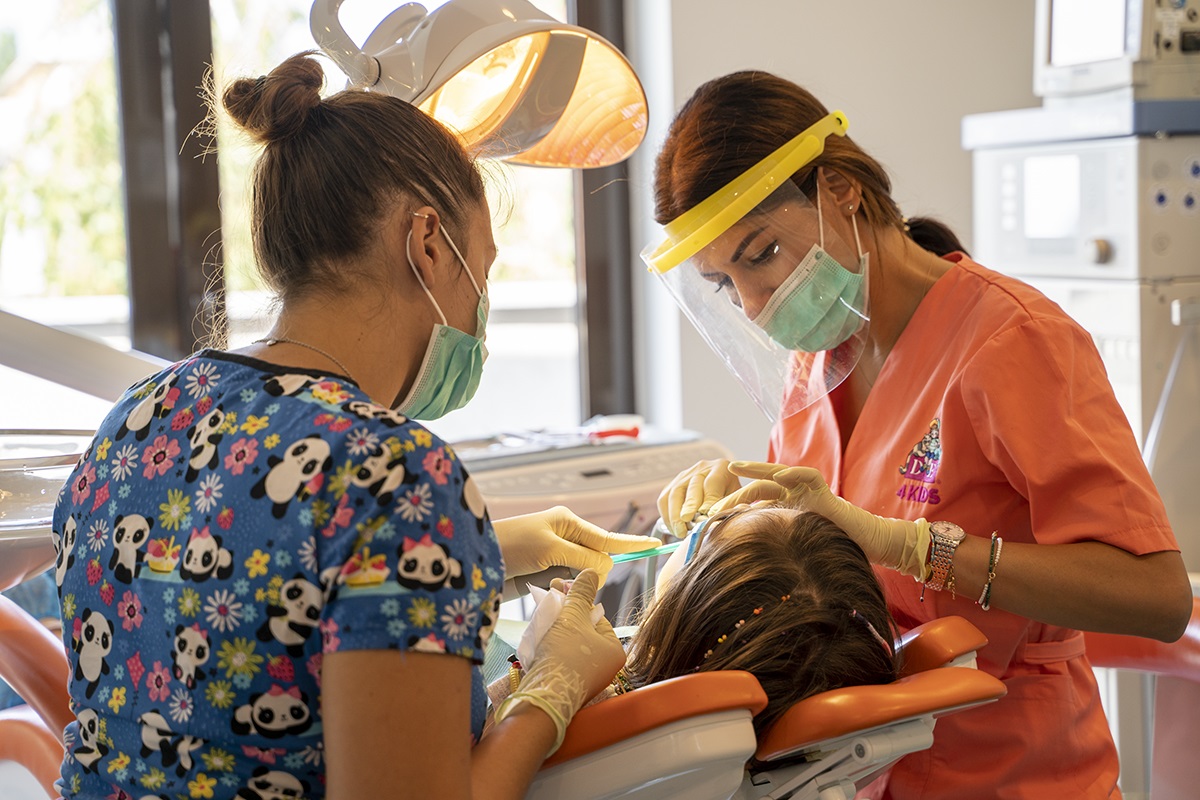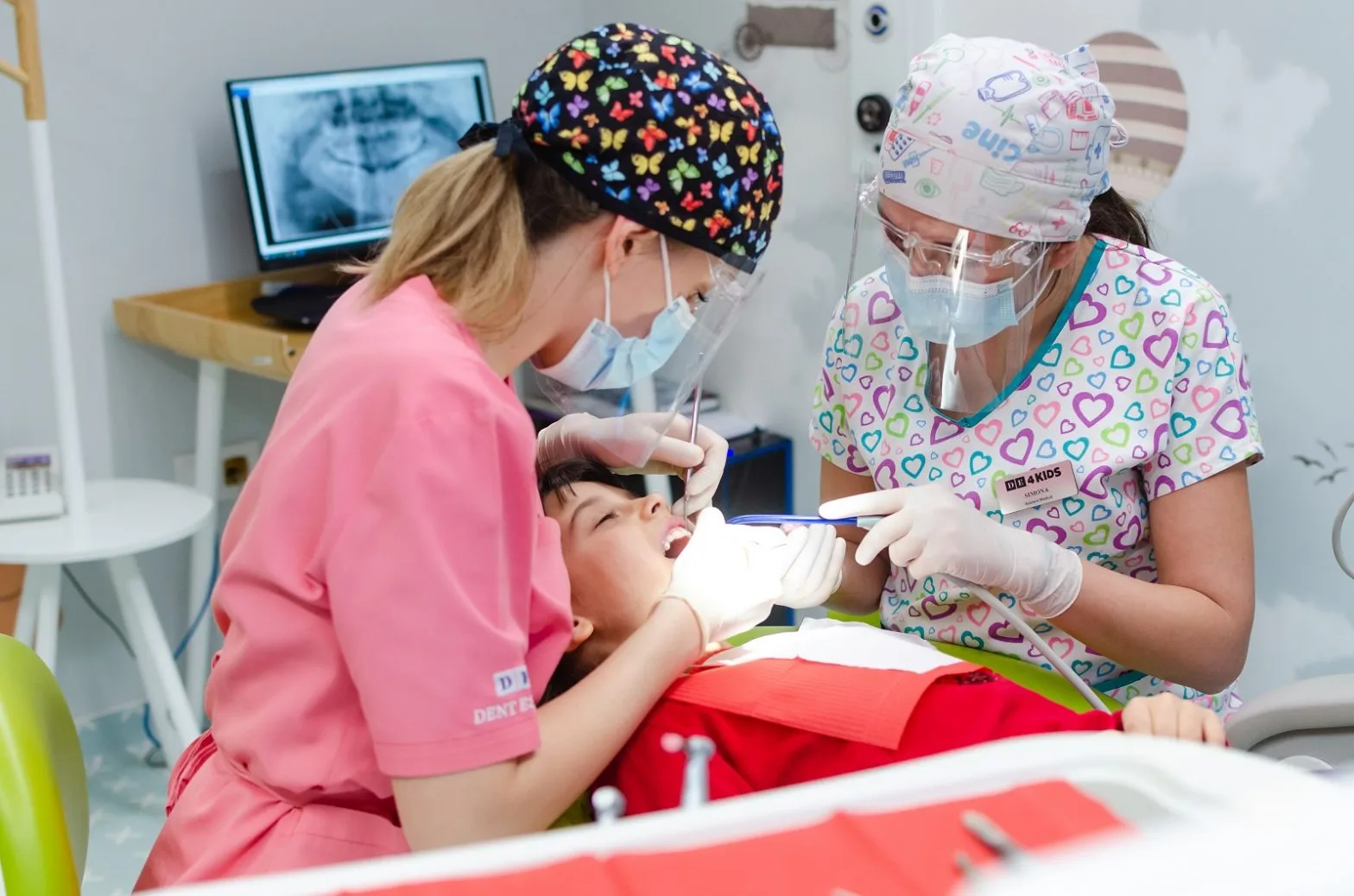Antibiotics in dental treatments for children: What parents need to know

When it comes to the use of antibiotics in dental treatments for children, parents’ opinions are divided. The prescription of antibiotics in dental treatments for children is a topic that has been analyzed by numerous studies over time.
Use of antibiotics in dental treatments for children
When it comes to using antibiotics in dental treatments for children, parents often have differing opinions. The prescription of antibiotics in pediatric dental care has been the subject of numerous studies over time.
It is widely accepted that antibiotics are beneficial in treating many conditions when correctly prescribed for bacterial infections. However, it is equally acknowledged that widespread use of antibiotics has enabled common bacteria to develop resistance to medications intended to control them.
A study published in the Journal of the American Academy of Pediatrics (AAP) concluded that the uncontrolled use of antibiotics contributes to microbial resistance, which poses a serious threat to public health.
The American Academy of Pediatric Dentistry (AAPD) also recognizes the increasing prevalence of antibiotic-resistant microorganisms and the potential for side effects and drug interactions.
Nevertheless, parents should know that antibiotics serve as adjunct medications in treating certain oral conditions in children or in cases of dental trauma.
It is the pediatric dentist who decides when prescribing antibiotics is necessary.
Below are AAPD recommendations for pediatric dentists regarding the appropriate use of antibiotics in children’s dental treatments.
Dental treatments for children. Antibiotics for treating oral wounds
The pediatric dentist must consider the child’s overall health and the type of wound (lacerations, ulcers, cuts) when assessing the risk of infection and the need to prescribe antibiotics.
Oral wounds may be clean, potentially contaminated, or contaminated. In the latter two cases, the dentist may prescribe antibiotics, which should be administered as soon as possible for the best outcome.
According to the AAPD, the minimum treatment duration should extend 5 days after the child’s health improves or symptoms subside. Typically, the course lasts 5 to 7 days, depending on the antibiotic type. Importantly, if the antibiotic proves ineffective, treatment should be discontinued.
Dental treatments for children. Antibiotics for treating pulpitis or intraoral inflammation
Tooth decay is the most common dental condition in both children and adults. Without proper oral hygiene and regular dental checkups, a small cavity in a baby tooth can progress to a deep cavity in just 2–3 months.
Bacteria can enter the dental pulp through decay or cracks in the dentin, causing pain or discomfort—known as pulpitis.
AAPD guidelines state that antibiotics are not recommended if the pulp or surrounding tissues are inflamed without the presence of fever or facial swelling.
A simple drainage procedure is typically enough to reduce inflammation, with no need for antibiotics, according to a 2020 study.
Dental treatments for children. Antibiotics for treating gingivitis
Insufficient or irregular brushing can allow bacteria to build up, leading to gingivitis—an inflammation of the gums.
Plaque-induced gingivitis can be managed through local treatments, such as professional cleaning of the child’s teeth and reinforcing proper brushing habits at home, at least twice a day for 2 minutes.
If not treated in time, gingivitis may develop into more serious conditions.
As for antibiotics, they are not recommended for treating gingivitis.
Dental treatments for children. Antibiotics in cases of dental trauma
Dental trauma in children is very common and usually results from accidents during sports or play.
These injuries can involve cracked, fractured, or even avulsed (knocked-out) teeth. Dentists may prescribe antibiotics, especially for permanent teeth, but the child’s age and type of trauma must be considered.
Pediatric dentists do not recommend antibiotics for luxations (displaced teeth) in baby teeth.
Dental treatments for children. Antibiotics for facial inflammation
A child presenting with facial swelling due to a dental abscess requires immediate attention from a pediatric dentist. In some cases, surgical intervention may be necessary.
For more severe conditions, such as systemic infections or sepsis, antibiotic treatment becomes essential.
In conclusion, antibiotics in dental treatments for children should only be prescribed by a pediatric dentist in specific cases. Caution is crucial, and dosages must be tailored based on the child’s age and weight to minimize the risk of developing antibiotic resistance.
Completează formularul și unul dintre asistenții noștri te va contacta pentru a programa vizita la clinică.












 The role of nutrition in preventing cavities in baby teeth
The role of nutrition in preventing cavities in baby teeth 